Mikati set to be designated to form new Lebanese government: Report
Billionaire businessman and former Lebanese Prime Minister Najib Mikati is set to be designated to form a new government next week, with President Michel Aoun planning to consult with parliamentary blocs amid an economic crisis.
Political sources familiar with the matter said Aoun is going to hold consultations with parliamentary blocs on Monday to poll them on their choice for a new prime minister.
The consultations will take place more than a week after Prime Minister-designate Saad Hariri stepped down after failing for the past eight months to form a government.
“Behind-the-scene contacts made between various political blocs have indicated that former Premier Najib Mikati is the most favorite candidate to be named to form a new government during the binding parliamentary consultations,” an informed source told Lebanon’s English-language newspaper The Daily Star on condition of anonymity.
Local media said there are at least four leading candidates, namely Mikati, former prime minister Tammam Salam, lawmaker and former minister of youth and sports Faisal Karami, and Lebanon’s former representative at the United Nations Nawaf Salam.
Mikati, nevertheless, appears to be the favorite candidate. He reportedly has the support of Lebanese parliament speaker Nabih Berri’s Amal movement, as well as political parties of the Progressive Socialist Party, the Marada movement, the Syrian Social Nationalist Party, and some independent legislators.
Berri, in coordination with Hariri, is said to be seeking to promote Mikati as a consensus candidate to form a new government.
Lebanon has been mired since late 2019 in a deep economic and financial crisis, exacerbated by a political deadlock.
The economic and financial crisis is the gravest threat to the country’s stability since the 15-year civil war ended in 1990.
The crisis is mostly linked to the sanctions that the United States and its allies have imposed on Lebanon as well as foreign intervention in the Arab nation’s domestic affairs.
According to Hicham Safieddine, a lecturer on the history of the modern Middle East at King’s College London, US sanctions involving Lebanon “have seriously undermined the stability of the banking sector by creating a chilling effect, and reduced the inflow of foreign capital".
Compounding the woes, Saudi Arabia has imposed its own sanctions, including banning its citizens from traveling to Lebanon where Riyadh-backed elements have been jockeying for position.
Last April, Saudi Arabia announced the suspension of fruit and vegetable imports from Lebanon, claiming shipments were being used for drug smuggling.
Nasser Qandil, editor-in-chief of Lebanon's al-Binaa newspaper, told Press TV at the time that the actual reason behind the prohibition was “political motivation,” saying if Riyadh actually wanted to fight drug trafficking it could easily act through its ambassador in Beirut and contact the relevant Lebanese officials.
Lebanon arrests Mossad agent at Beirut airport
On Friday, Lebanese intelligence forces Friday arrested a convicted agent of Israel’s spy agency Mossad.
Head of Lebanon's General Security Directorate Major General Abbas Ibrahim said Amin Mohammed Beizoun was captured at the Beirut-Rafic Hariri International Airport.
Beizoun had been sentenced on June 12, 1998 to 10 years of hard labor in absentia over his connection to Mossad.
Iran reiterates rejection of interventionist stances on its territorial integrity
US 'lethal' strikes target two vessels as Trump warns of possible war with Venezuela
VIDEO | Press TV's news headlines
VIDEO | Indian leather industry eyes Russian, African markets amid US tariffs
Lavrov urges IAEA chief to adhere to neutrality, objectivity towards Iran
7 Palestinians killed after Israel strikes Gaza school
US Navy test launches replication of Iranian drone Shahed-136
Iran slams Canada’s sanctions as ‘baseless’ and ‘meddlesome’


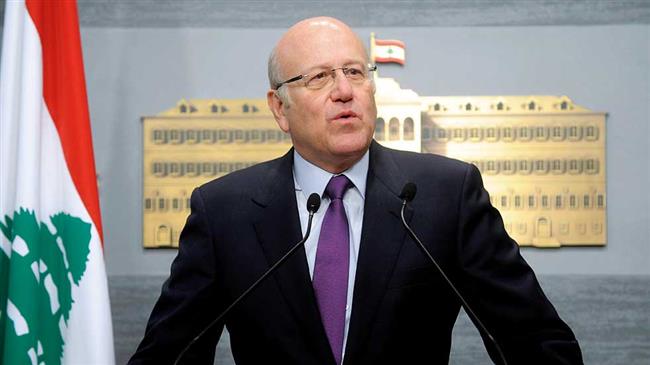
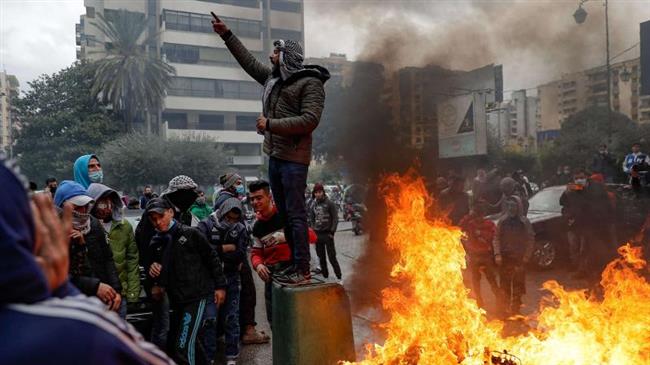
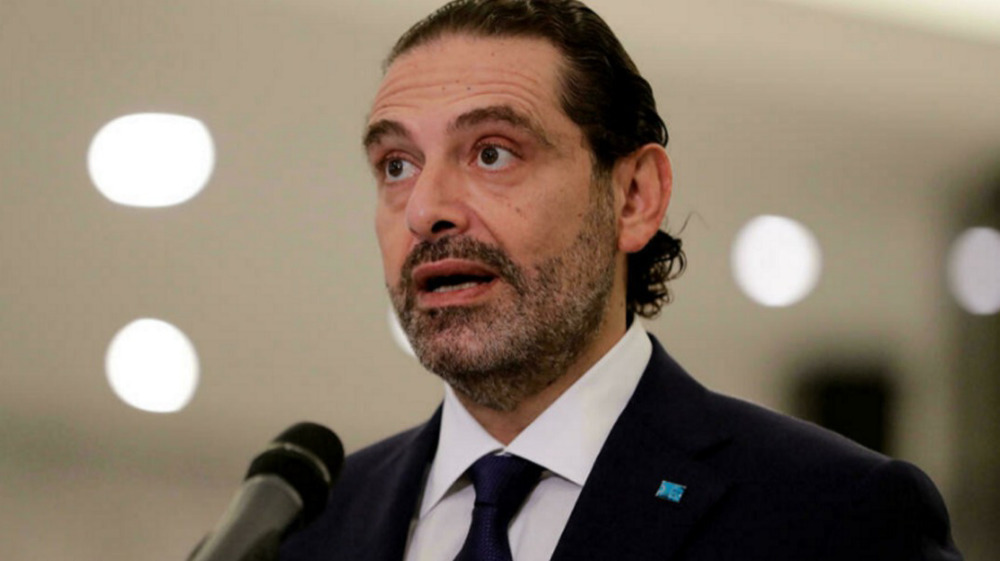

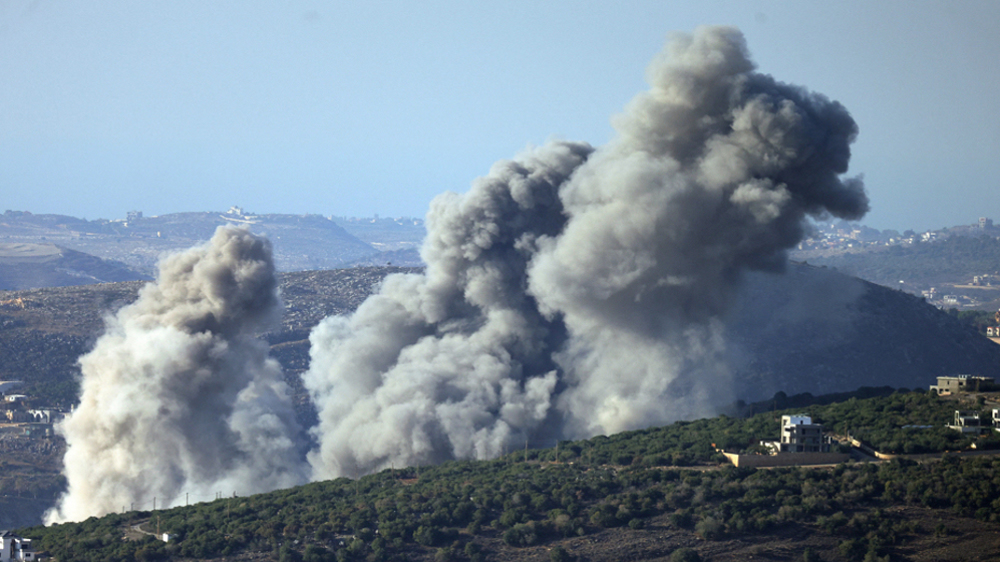

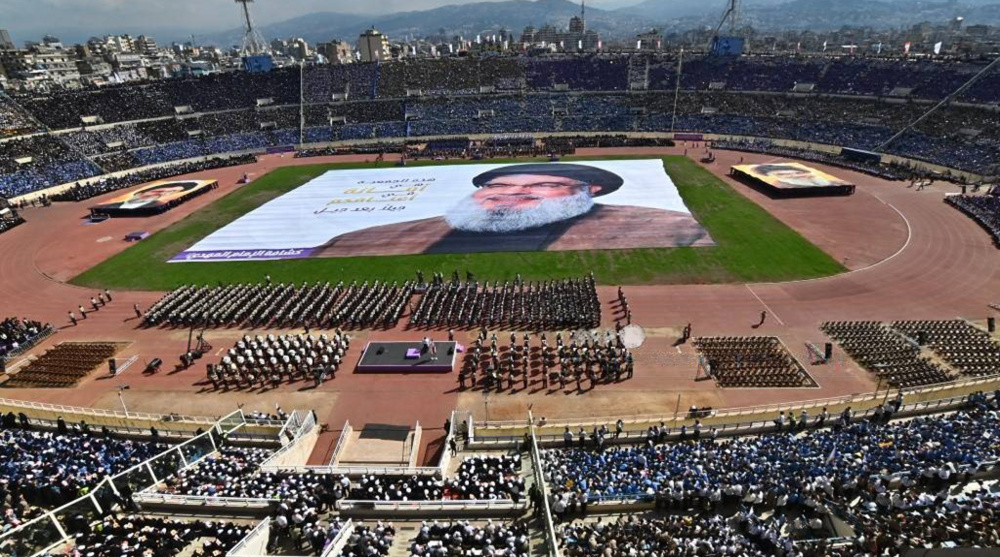



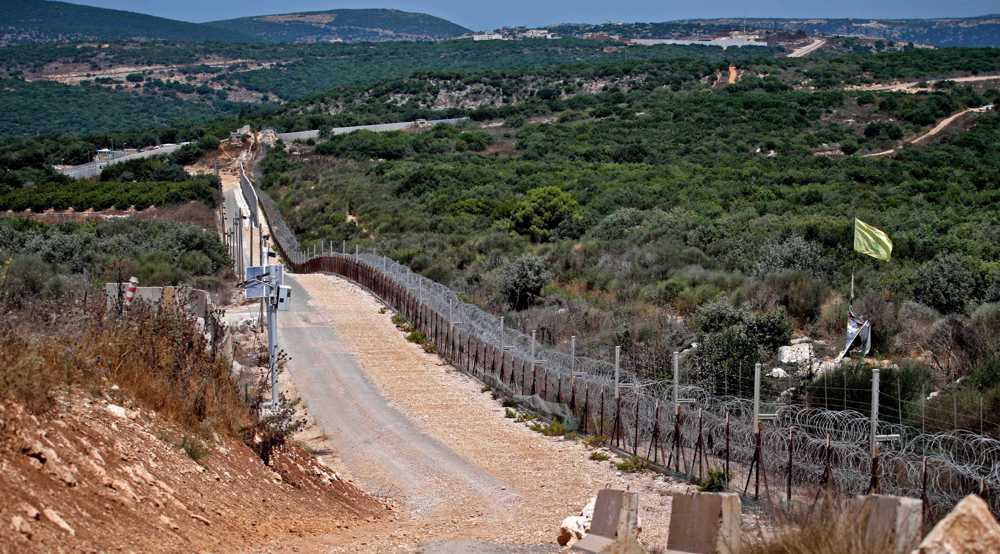

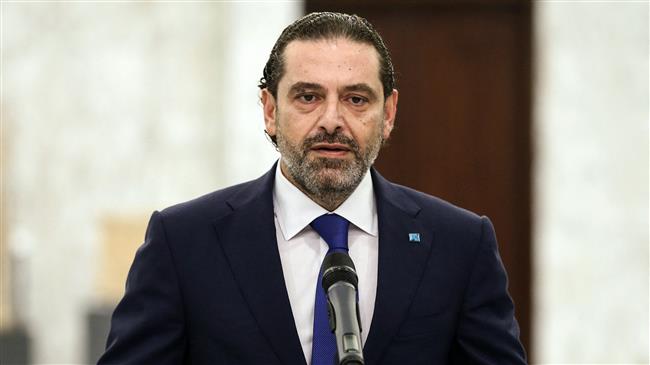

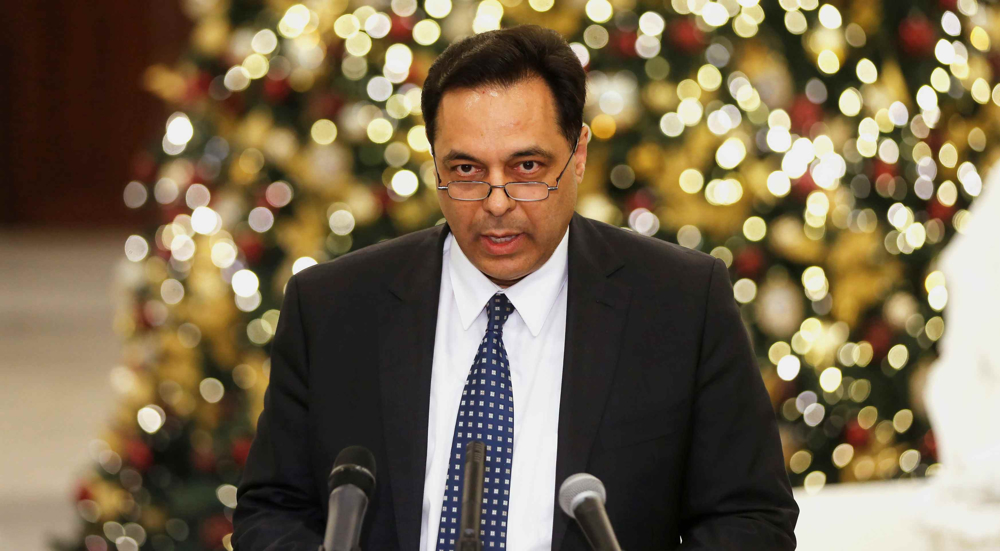

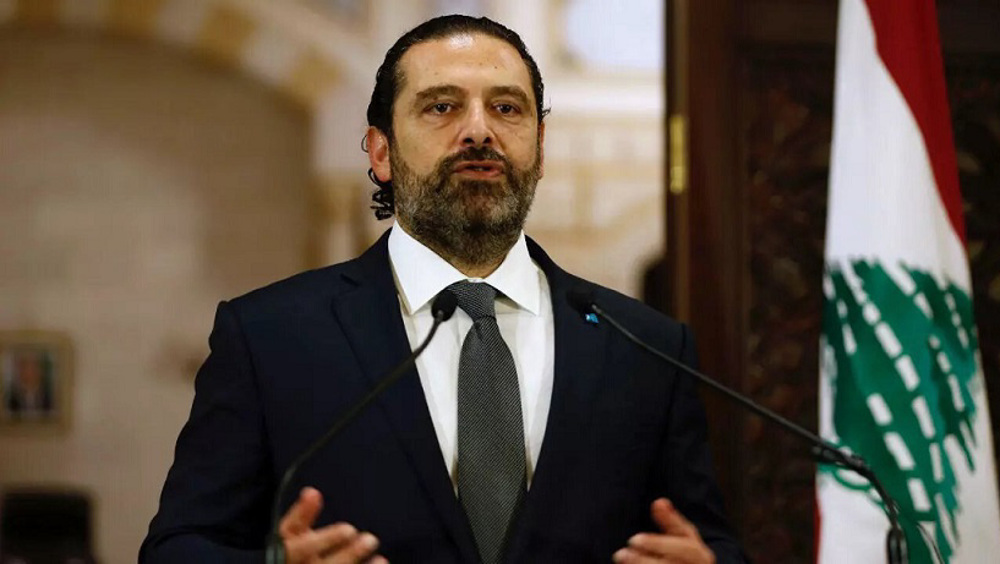


 This makes it easy to access the Press TV website
This makes it easy to access the Press TV website